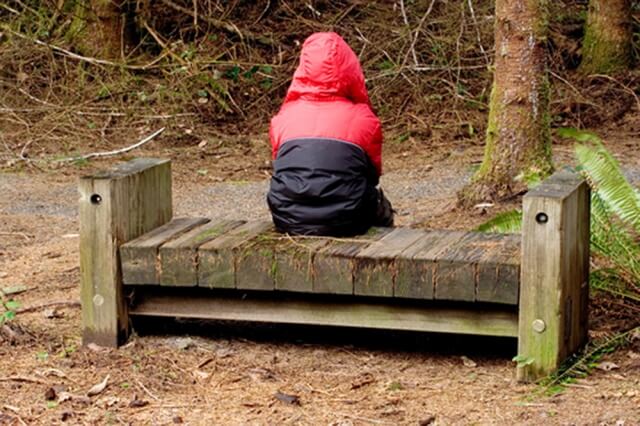Resources and workers are being strained after figures revealed an 85 per cent growth in the number of children under the Department of Child Protection and Family Support’s care over the past decade in its Armadale district.
More than 480 children live in out-of-home care and 142 are on the monitored list in the district, which runs from Kenwick to Keysbrook.
The numbers mean the Armadale district makes up 10 per cent of the children living in out-of-home care in the WA – one of the state’s biggest.
The rest of the state’s 16 districts have a combined total of 4176 children under the DCPFS’s watch.
These numbers put pressure on the 57 full-time equivalent child protection workers in the district with one in five having a caseload of more than the recommended 15 cases.
DCPFS acting director general Kay Benham said children were entering care younger and staying longer due to a range of factors such as population growth and drug and alcohol abuse but they were dealing with it.
She said they had flexibility to allocate resources as workload pressures shift and the DCPFS was the only child protection agency in Australia, which mandated caseload limits.
“There are also workload management tools in place to monitor caseworker caseloads to keep caseloads at a reasonable level,” she said.
“The average caseload for caseworkers is approximately 12 and this average has been consistently maintained for a number of years.
“It is well within the bounds of the maximum 15 cases, which may rise to 18 cases in exceptional circumstances, set by the state Industrial Relations Commission.”

Ms Benham said the department was currently undergoing significant reform in its out-of-home care.
Member for Armadale Tony Buti was unconvinced and said there seemed to be a reluctance to accept the district was being strained.
“(The figures) reinforce what I have received anecdotally and what I have been told by people that they are severely overworked, that there’s incredible need for child protection services in our area,” he said.
“The official line is that the workers are all coping but I don’t think that’s true and the fact is there’s 13 case workers over the recommended 15 cases.
“It just doesn’t add up, it seems to be a parallel universe between the official line and what I hear off the record.
“There has to be an acknowledgement that the system isn’t coping, unless there is acknowledgement of the problem you can’t address it.”
Dr Buti called for increased resources in areas addressing all kinds of societal issues including mental health issues, drug and alcohol and family violence.














